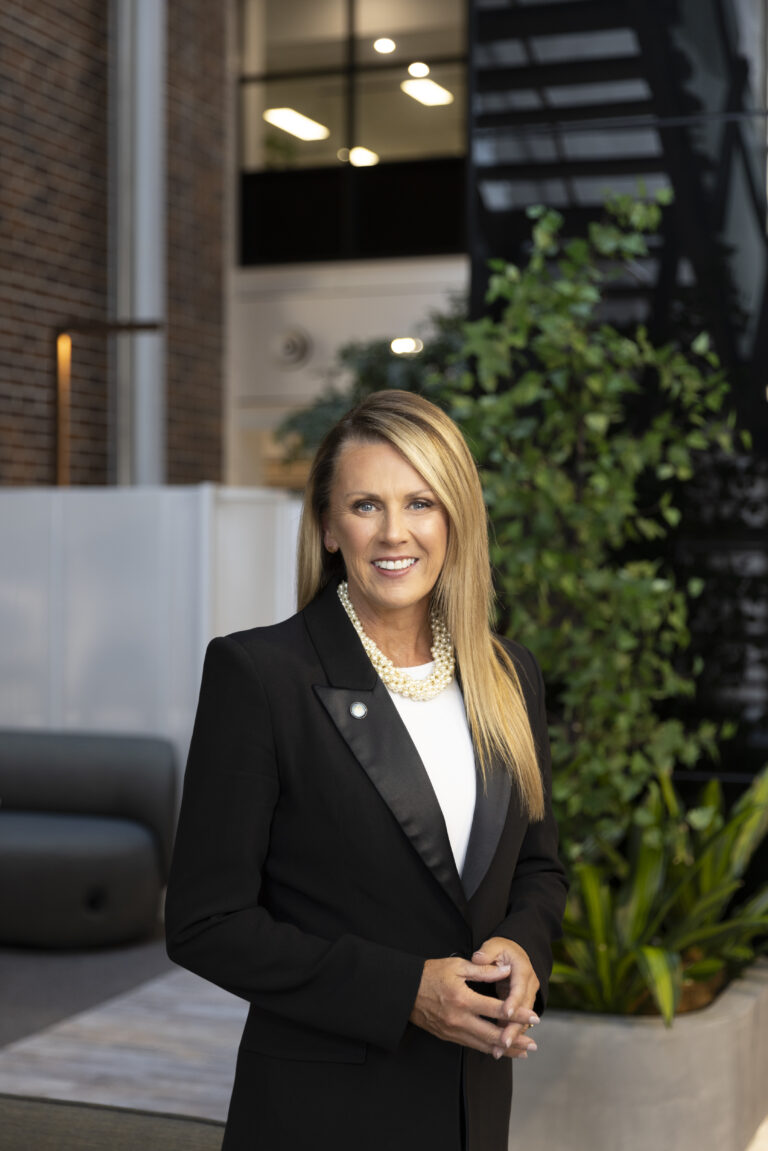Once upon a time, it wasn’t unusual for a person to stay in a job for life.
These days, however, the story is not so simple.
A study conducted in 2015 revealed that the average Australian is likely to have 17 employers from the time they leave school until the day they retire.
Apart from adding a lot more entries to your resume, the consequence of all this job hopping is that most of us are likely to end up with more than one superannuation account.
“So, what’s the problem with that?” you ask. “Didn’t your mother warn you never to put all your eggs in the one basket?”
While I admit that Mum’s wise words may hold true in many areas of life, superannuation just isn’t one of them.
For starters, it makes it harder and more time consuming to keep track of your savings for retirement.
According to Australian Tax Office (ATO) figures from June 2017, there are currently more than 6.3 million lost and ATO-held super accounts in Australia, with a total value of just under $18 billion.
That’s a lot of money to be sitting there waiting to be claimed, and by losing track of your superannuation accounts, you’re as good as throwing it away on purpose.
While superannuation is often the last thing workers in their 30s and 40s want to think about, rolling all your superannuation accounts into one single fund can be worth it.
Just think of the benefits – consolidating your super will encourage you to search for any lost super accounts, reduce your paperwork headache (one super fund equals one statement) and cut costs by ensuring you’re only paying one set of administration or management fees.
It will also allow you to decide upon one single, focused investment strategy that gives your retirement savings the best chance to grow.
There are a few ways you can go about combining your accounts:
- Set up a MyGov account, locate your active super accounts, and use the MyGov tools to combine them into one account.
- Get in touch with your chosen super fund and ask them to help you consolidate your accounts. There may be some forms for you to fill in, but they’ll do most of the heavy lifting.
- If you are unsure about which fund you should roll your benefits into, contact your financial planner who can discuss your options and, if needed, provide advice tailored to your particular needs.
Now if you’re reading this and nodding your head, thinking this is something I really must do, there are a couple of things to consider before rushing out to rollover your super funds:
- Exit fees: some funds charge exit fees for withdrawing your money, so make sure you read the fine print before you make any decisions. Depending on how much money you have in the fund, it might be worth your while to hang onto it for a bit longer.
- Admin charges: different funds charge different levels of fees. While you want to avoid paying multiple administration fees, you should also take this cost into consideration when selecting the fund you want to roll everything into.
- Investment strategies: make sure you understand how the funds will be invested in your new super account. The default option doesn’t suit everyone. Consolidating your super is the ideal time to re-evaluate the investment mix within your fund. Make sure you also take the fees charged by investment managers into account when thinking about the long-term returns. Lower fees means more money in your pocket, which can add up to 10’s of thousands over dollars over your working life.
- Insurance: superannuation accounts don’t just provide you with a financial future following retirement. Funds often have life insurance and disability benefits associated with them, which will be lost when closing your old accounts. Consider your family and financial situation, and think about your financial needs in the event of a serious illness or accident. If insurance is important, make sure you have alternative cover in place before moving any super accounts and cancelling existing cover.
Superannuation is one of those topics that send many people to sleep – but when it comes to the end of your working life, you don’t want worries about your financial future to be the thing keeping you up at night.





